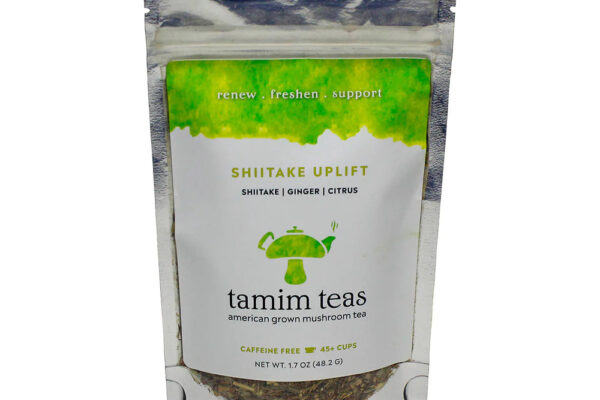Blog
What Makes Coffee Organic?
Coffee is one of the world’s favorite beverages, known for its robust aroma and distinct taste. Unfortunately, many coffee drinkers may be unaware of its hidden chemical risks due to conventional farming techniques that maximize production without considering human and environmental safety – meaning your morning cup could contain trace amounts of synthetic chemicals! Organic farming techniques use no such substances resulting in healthier beans for you and your tastebuds!
Organic Coffee & the Environment
Conventional farmers use chemical fertilizers, herbicides, and pesticides to grow coffee. Unfortunately, this has caused pollution of nearby water bodies as well as harming wildlife that inhabits nearby habitats. Since most global coffee supply comes from small farms using this toxic mixture of chemicals posed a serious health threat both to themselves and the local environments they inhabited. Organic farming allows farmers to utilize natural fertilizers like compost or chicken manure and protect the earth from harmful toxins.
Organic certification requires strict rules to be observed, making it an impossible feat for small farms to achieve. Small coffee farmers often don’t have the resources available to them to purchase new equipment and go through this lengthy process of becoming organic certified – this is particularly true of farms outside the U.S. where costs and requirements associated with organic certification may prove too burdensome to bear.
As a result, small farmers must find other means of supporting themselves and their families; many resort to illegal methods in order to do so. Illegal insecticides and fertilizers increase illness risks while organic certification makes ensuring safe working conditions more challenging.
Coffee plants typically prefer shade; however, in order to increase harvestable beans they need to produce, large-scale coffee growers often breed them so that they can be packed more closely together and exposed directly to sunlight – leading to habitat and ecosystem destruction. Organically-certified farms on the other hand encourage keeping shade-seeking plants as part of local biodiversity programs.
Organic coffee has numerous ecological benefits and its signature smooth and authentic taste has become a hallmark of organic farming practices. Free from artificial chemicals, its taste remains more natural while it requires no preservatives or additives in order to stay intact.
Organic coffee can also help improve your digestive health. Chemicals found in non-organic coffee may lead to acid reflux and gastrointestinal distress by interfering with hydrochloric acid and gastrin production – two hormones necessary for digestion. Organic coffee on the other hand contains less acidity and contains more dietary fiber to facilitate effective digestion.



